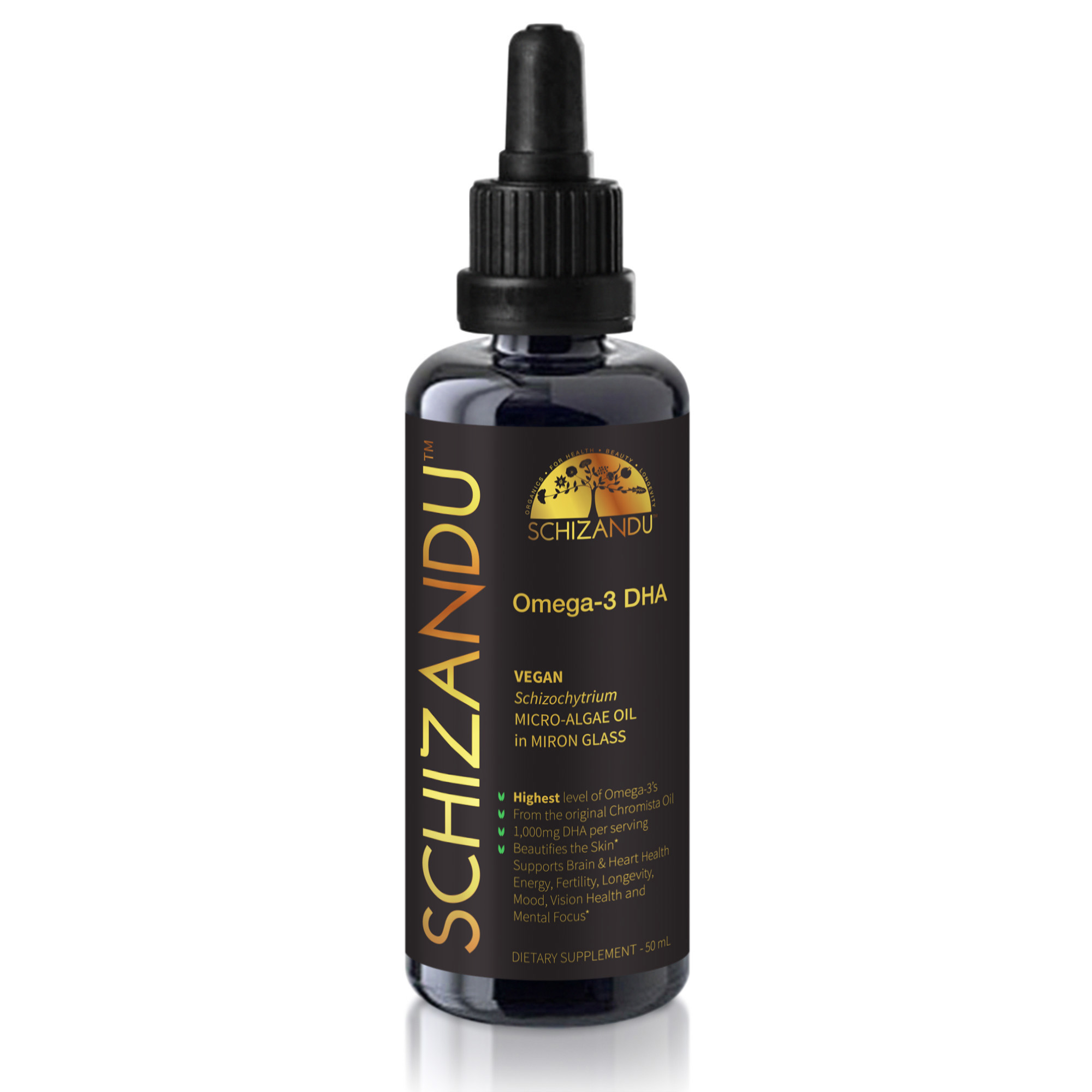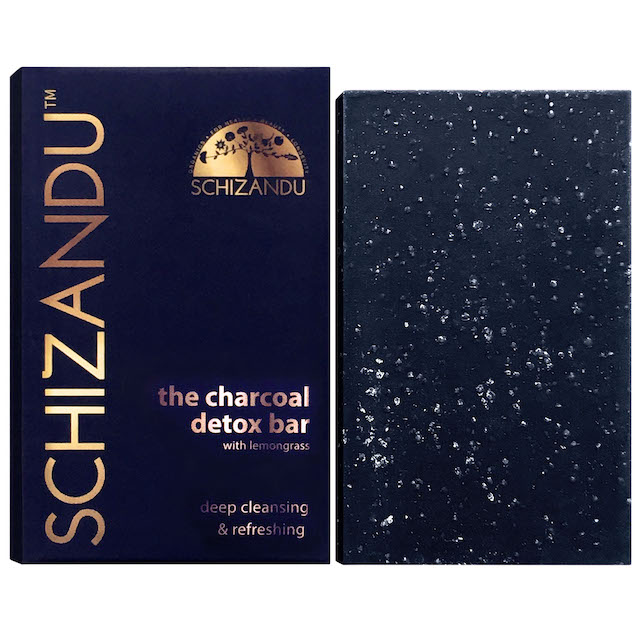Higher health encompasses a holistic approach to your wellness. It means making the best choices for what you put inside and outside your body, and supporting your body to function at its best as much as possible.
We have a wealth of information around our health and well being but its how we put it into practice that truly makes the difference! Many of us are fully aware of what is determined healthy, and what is not. What blocks us from applying that awareness of health is simply our resistance to change. Change often creates a shadow of the unknown upon us, and when we are so comfortable with our habitual patterns it can be tricky to reset and embrace something new…tricky- yes, but not impossible!


Keeping an open mind about our health, and challenging ourselves to change builds confidence in who we are… and confidence is nourishment in itself, because the more confident we are as human beings, the more confident we are in the choices that we make to move forward.
Thinking of our health more holistically, there are many natural remedies and foods that offer benefits from the inside to out. And of course, whatever we place/rub/massage onto our skin is inevitably absorbed into our bloodstream so we should not skimp on our skincare products.
Here are some tips to help you toward higher health!
- Make small but significant changes toward your health. Set a goal to try a new food or a new product/supplement at least once per month. Break away from old habits step by step- make a commitment to your health.
- Choose quality over quantity. Some of the most powerful/potent foods and natural remedies do not need to be consumed or used in large quantities, or even on a daily basis. For instance, Omega 3 rich fish such as salmon/tuna/mackerel is best consumed twice per week.
- Look for products that are environmentally friendly. From the detergent, you use for your laundry to the soap that you use to cleanse your body. What’s better for the environment is also better for you!
- Search out companies and products that mirror your beliefs and values. All great companies have a vision, a mission. Do their values inspire you? Because they should!
Sometimes that is all we need to push forward with our health: something to believe in, and the inspiration that offers us.
Earlier this year we were introduced to some great, natural and organic products that were created by Schizandu Organics. Schizandu Organics have a higher purpose and mission to improve the health for many…
They seek to help 100 million people transition to a health-supporting lifestyle in an effortless way and to support the environment with the revenue so that we help the planet rejuvenate as well. A win, win, win scenario that serves humanity and the environment-forever.
Schizandu Organics would not be complete without supporting the environment, wildlife and the health of the Planet as a whole, along with making it easier for people to “clean up” their lives. Your purchase of each Schizandu product supports marine life rescue, ocean conservation, beach clean-up and the recovery of injured animals.
They believe in a holistic approach and have a range of naturally-inspired products for you, here’s more information on the company and what’s on offer!
Dita is the founder and CEO of Schizandu Organics. She is on a mission to bring truly natural and exceptional products to people to help them cleanse, detoxify and nourish from the inside out and the outside in.
“I developed an interest in studying health at the age of 11 and have been on a health journey myself for almost 30 years. With a background in science, engineering, and health-counseling, naturally, I look at the whole picture and I recommend that everyone works towards that instead of isolating problems, especially health issues.
While counseling, I realized how many clients struggled to find truly clean, organic, toxin-free products to replace personal care items, supplements, skin care products, etc. that were loaded with toxins and/or were simply inefficient and didn’t deliver what was promised by the companies behind them, leaving them disappointed, discouraged, and with a thinner wallet.
It became very clear quickly that I needed to create my own company and a completely pure product line because with products made available to millions of people I knew I could make a MUCH bigger difference compared to working with people one-on-one to help turn their health and life around” – Dita, Schizandu Organics
At Schizandu Organics, they believe health and well-being are to be addressed and supported both, from the inside-out and the outside-in. That is why they offer three types of products:
- Ones that are taken internally
- Ones that can be taken internally and applied externally
- Ones that are used on the skin, externally only.
Previously, we found out about Activated Charcoal, its benefits, and the products that Schizandu Organics created based upon Activated Charcoal’s powerful potential to rejuvenate and inspire better health.
Here, we move another step forward with Schizandu Organics well-being range, namely Omega 3 DHA and the Charcoal Detox Bar…something for the inner and the outer you.
Omega – 3 DHA
Omega – 3 DHA is The Most Potent, Purest Algae Oil (Omega-3, Vegan DHA Algal Extract), available in 50 ml)
It is a blend of Chromista Oil (water extracted Schizochytrium algae oil, natural tocopherol as an antioxidant), CO2-extracted Rosemary Oil. Unlike fish oil, this Omega – 3 DHA is free of PCBs, dioxins, and heavy metals. It is a concentrated, cruelty-free supplement, earth-friendly and sustainable!

This micro-algae oil is available in two flavors: Rosemary and Unflavored and has many benefits to your health and wellness:
- Beautifies the skin
- Supports brain health (mental focus, cognitive function, memory)
- Supports the eyes and vision health; helps prevent macular degeneration
- Supports heart health
- Supports fertility, pregnancy, and baby- and child-development
- Helps balance hormones
- Supports energy and longevity
- Protects and support nerve cells, neurons
- Helps balance Omega Fatty Acid ratios
Omega 3 DHA is free of chemicals, animal ingredients, GMOs, fish, soy, seed oils, wheat, gluten, corn, nuts, dairy, lactose, eggs, yeast, sugars, hexane, solvents, alcohols, fillers, flavors, additives, preservatives, coloring, fragrance, silicone, and BPA.
The Charcoal Detox Bar
For the outer you, try the Charcoal Detox Bar: Cleanse and Beautify your body with the best, this cleansing bar is aromatic and wholly natural:
It is made of Organic Oils, Herbs, and Activated Charcoal. It would be easy to mistake this cleansing bar for a dessert because of its incredible aroma- but please don’t! You cannot eat it, but you can definitely use it!

Here’s a peek at the ingredients:
Oils of Sunflower and/or safflower, Coconut, Sustainable Palm, Olive. Activated Charcoal. Essential Oils of Lemongrass, Patchouli, Rosemary, Lime, Sage, Bergamot. Rosemary Leaf Powder And Rosemary Extract.
Schizandu Organics are committed to bringing you the highest quality wildcrafted and organic products. With them, you can be confident that you are not only avoiding chemicals but also giving your body the nourishment it needs and wholly deserves. Schizandu Organics create Natural, Functional, Luxurious goodies for you!


 HEALTH & WELLNESS6 years ago
HEALTH & WELLNESS6 years ago
 herbs1 year ago
herbs1 year ago
 HEALTH & WELLNESS5 years ago
HEALTH & WELLNESS5 years ago
 TRAINING & FITNESS6 years ago
TRAINING & FITNESS6 years ago
 Fitness6 years ago
Fitness6 years ago
 HEALTH & WELLNESS6 years ago
HEALTH & WELLNESS6 years ago
 DIET & NUTRITION6 years ago
DIET & NUTRITION6 years ago
 HEALTH & WELLNESS6 years ago
HEALTH & WELLNESS6 years ago








